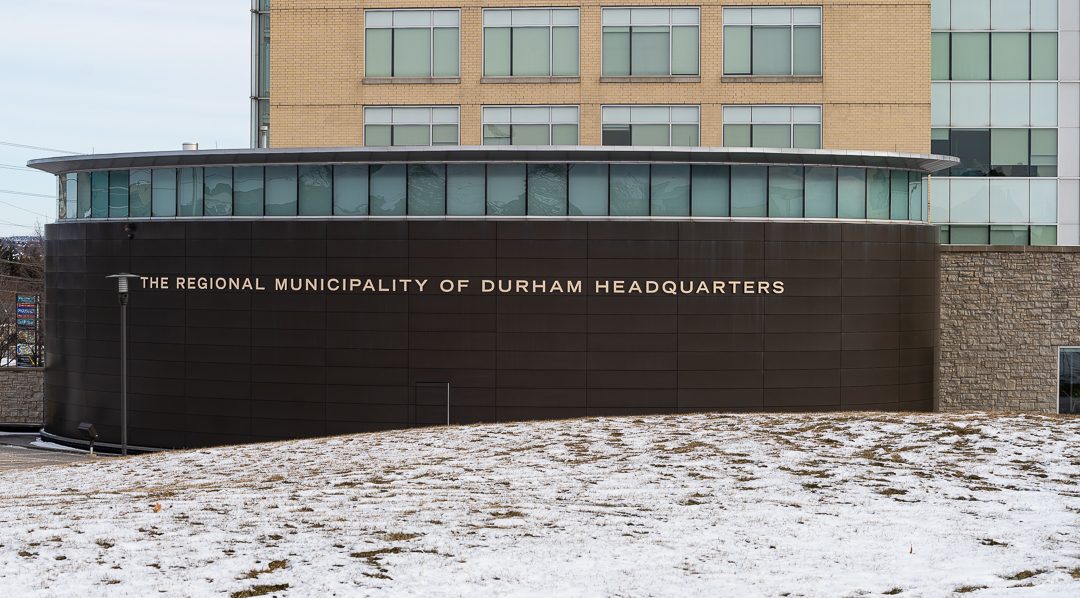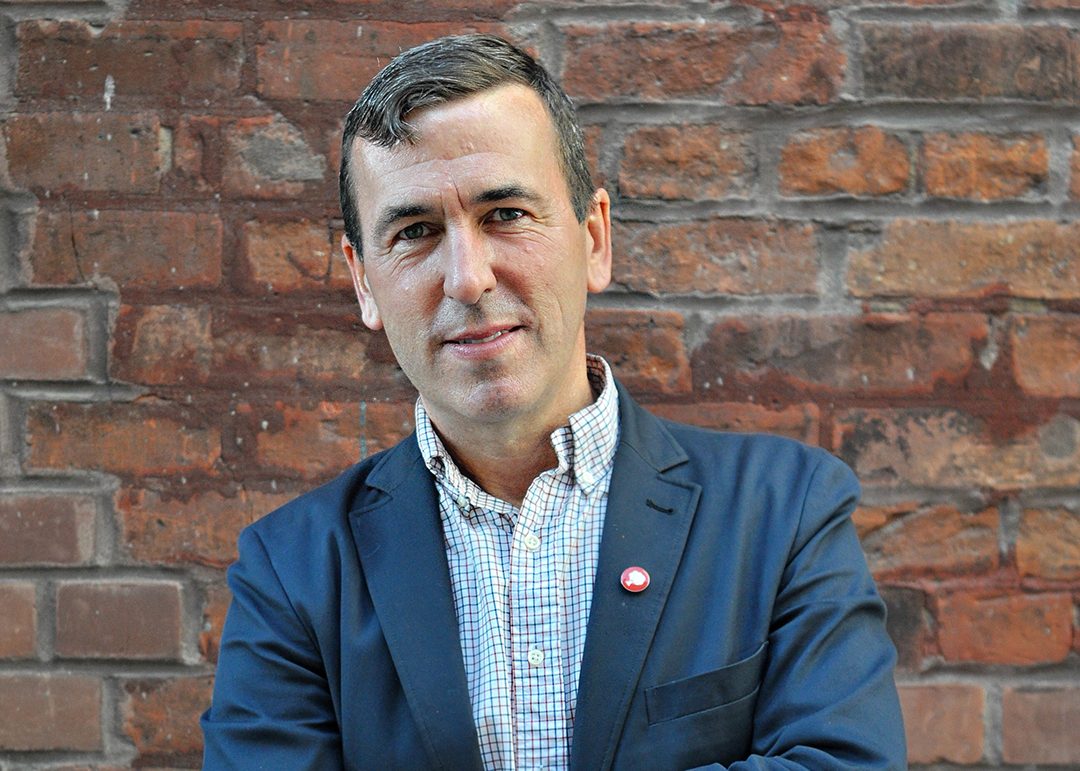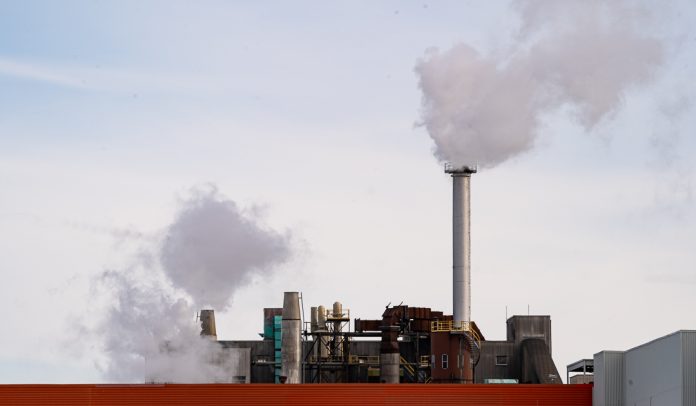It has been a little over a year since Durham Region declared a climate emergency on Jan. 29, 2020. However, with the COVID-19 pandemic, attention has shifted from climate change to other pressing issues such as health and finance.
But as vaccines begin to roll out over the coming months and communities begin to recover, the threat of climate change still remains, and Durham Region has been planning a number of initiatives to battle it.
“We haven’t been sitting on our heels, so to speak over 2020. It was a busy year and I think it set us up for what I hope is going to be a successful launch in 2021,” says Ian McVey, manager of sustainability for Durham Region.
McVey says the region’s top priorities for the coming years revolve around buildings and transportation, which make up about 80 per cent to 90 per cent of the region’s greenhouse gas (GHG) emissions on an annual basis.
“So that’s, single occupant vehicles, people commuting, that’s our homes and businesses not being designed to the most energy efficiency standards,” says McVey.
“So, to the extent we can design programs that make it easier for people to do the things that they need to do… renovate their homes, use lower emitting forms of transportation. That’s our focus.”
The push for lower-emitting transportation is also being implemented by business partners, such as GM who have stated it will be building all electric vehicles by 2035. McVey says the move to a lower emission region is an economic imperative.
“If we’re not moving quickly, on low carbon, other jurisdictions are going to beat us to the punch, and we’re going to lose investments.”

Initiatives the region plans on launching in 2021 include the Durham Community Energy Plan, which, along with plans to transition regional transit to zero-emission over the next 10 years, includes the installation of 60 new electric vehicle (EV) charging stations across the region in 2021.
Durham’s Home Energy Saving Program (Retrofit Program), which aims to assist homeowners in retrofitting their homes with more energy efficient and renewable measures, is also expected to launch in 2021, says McVey.
“It’s like you can save money and save emissions at the same time. We just need to line up the market to be able to make it happen.”

Development has been a source of controversy with many municipalities and environmental supporters, as cities must continue to grow while also ensuring new projects don’t negatively effect climate goals, says Tim Gray, executive director at Environmental Defence, a Canadian advocacy organization, whose website describes its goals are “to work with government, industry and individuals to defend clean water, a safe climate and healthy communities.”
“I think for like a place like Durham, which is kind of on the eastern edge of concentrated development and where there’s a lot of growth pressures, is being very aware of what kind of development that they’re putting in place,” says Gray.
“The worst thing you could be doing both from climate mitigation and adaptation perspective is encouraging growth that is low density and eating up farmland and natural areas. It makes it hard to build up public transit, makes more people car dependent and reduces walkability.”
Gray says it is critical for people living in the region to participate in discussions and the planning of municipal policies as they pertain to climate change.
As climate change continues to impact our environment and future living conditions, Durham’s McVey says it essential all parts of the community get involved.
“We need to mobilize across all sectors of society, from the individual to the household and beyond, to really make this from a concept in theory to reality. So, I think that’s what I’d like to maybe leave people with is, get engaged.”




